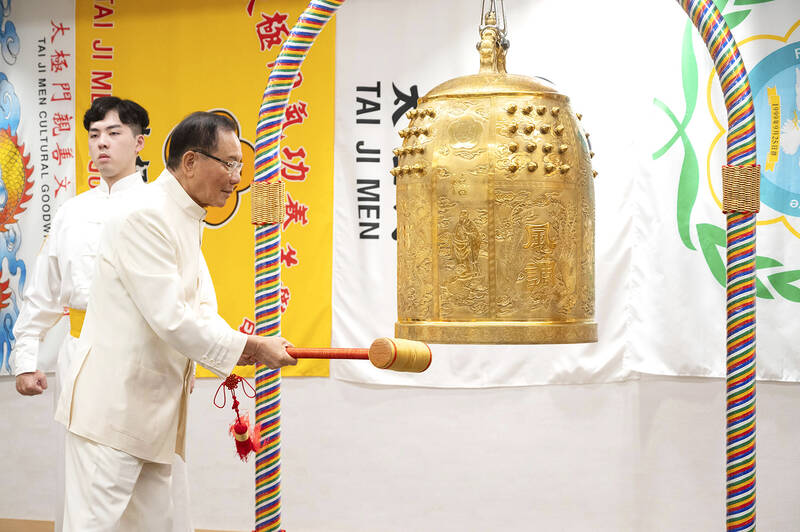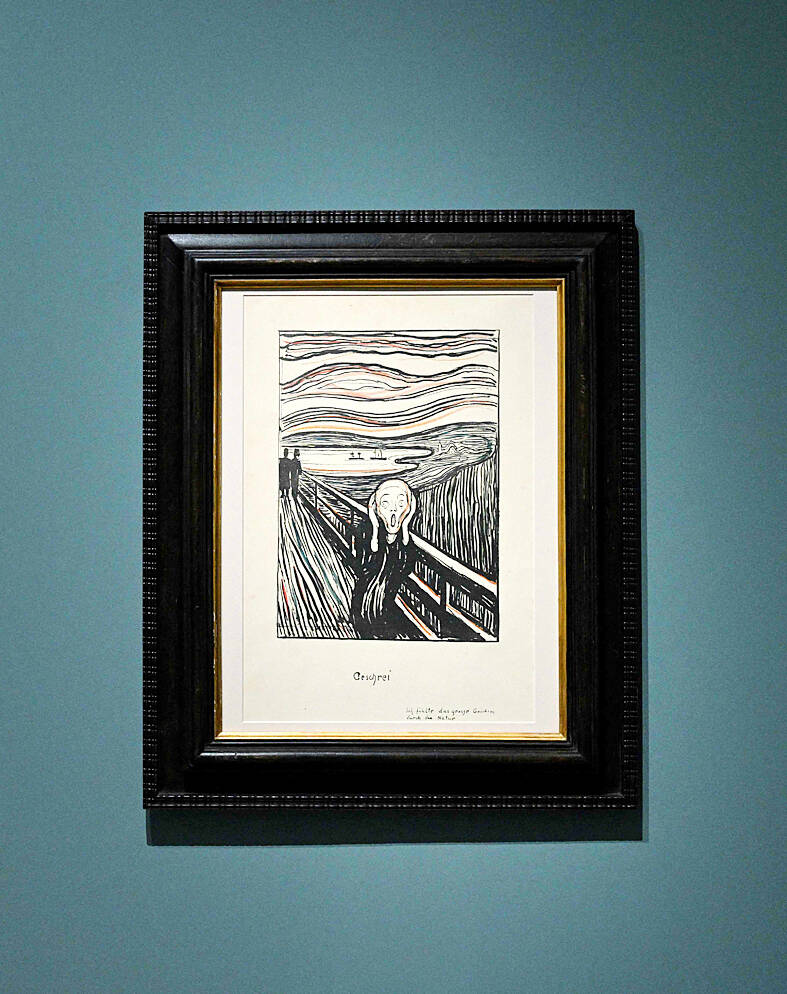One afternoon in early lockdown I led my two small children into the garden and told them to scream. “Go on,” I said, setting a timer. “Scream as loud as you want. I’ll join you.”
We’d been in the house, socially distanced for more than a month by then. The children’s routine had been completely disrupted and they were confused and restless; my husband and I were managing full-time jobs along with full-time childcare. I was juggling grief, trauma, housework, childcare, writing. I was tired of keeping all the stress bubbling inside and weary of telling the children to stop being noisy. I was also conscious of how, even in the most gender-equitable households, parents are more likely to ask girls to be quiet than boys. What if we released it all at once? What if we just let it all out?
The children looked at each other, confused, wondering whether I was being sarcastic. But then they started. It came less easily for me. After decades of telling myself that screaming was unseemly, I could only really do a feeble imitation of someone letting out a scream. I felt tongue-tied, too conscious of how I looked or what I sounded like, what the neighbors might think of me.

Photo: AP
“Are you all OK?” one asked with a nervous laugh from over the fence.
Within a day or two of garden screaming it felt like a valve had burst and all the frustrations and stress came whooshing out with an unexpected force. We were soon running around the garden with our arms flailing until we collapsed in a heap together on the ground laughing, our legs entwined. Slowly we found that the children were also calmer and less likely to erupt into meltdowns and tantrums. There was a distinct feeling of elation that lasted through the rest of the day. For me, at least.
I am a behavioral scientist, and the more I researched the psychological effects of structured yelling, the more I realized that this discharge of emotions triggers a neuro-physical response, a release of pent-up anger in a conscious way, rather than letting it erupt in a disordered manner. Yelling in this manner can release endorphins, happy hormones, much like a high we get after exercising. These endorphins, along with the peptides produced by the pituitary gland, can together have an emboldening effect by triggering the brain’s receptors to reduce pain and increase strength. I could feel my muscles relaxing and becoming more alert to the sounds and smells around me.

Photo: AFP
Primal scream therapy became very popular in the 70s with people like John Lennon and Yoko Ono espousing it, but I didn’t see our screaming sessions in the same way. Rather than ruminating on our stress and anger, I was allowing us to fly off the handle for a short while, reclaiming our anger, sadness and frustration and all the associated emotions that have been considered bad for us as women. The first step towards this was the acknowledgment and acceptance that these are all valid emotions requiring an outlet, not to be dismissed or hidden or shoved back inside.
Screaming is considered to have huge benefits in Chinese medicine. Twelve years ago, visiting China, I’d seen men and women gathering every morning in the gardens around the city to scream together. One of my distinct memories of Xian is the reverberation of screams around the neighborhood we were staying in.
According to Qigong Grandmaster Nan Lu (who has several videos on YouTube), the energy that feeds the liver’s wellbeing needs to flow, but it can get obstructed by frustration. His remedy is to shake like a noisy tree.
Growing up, every Bollywood film I watched reinforced the stereotype of the “damsel in distress,” with an elegant melancholy seen as a desirable quality in every leading lady, while expressions of strong emotions were always associated with a harridan, vixen or shrew. The goddess Kali is interpreted as a symbol of death, her face contorted into an ugly scream, and is used to remind women that expression of emotions, such as anger, can be all-consuming and destructive.
When angry women appear in literature, they are likely to be monsters, harpies or witches. The word banshee has been used for hundreds of years for a screaming, wailing woman, someone who shows an excess of emotion. In Irish folklore, banshees were magical, mythical women in the form of spirits who fed on other people’s sadness and flew all night long looking for prey. Their eyes red with continual weeping, their hair streaming around their face, looking terrifying, they heralded the death of a family member, usually by screaming.
Women’s screaming has long been considered unfeminine, creating discomfort for people around them. Women are given the message that screaming is “ugly” and that no one will listen to them if they show their emotions. In her book Good and Mad: The Revolutionary Power of Women’s Anger, Rebecca Traistor writes: “The best way to discredit these women, to make them look unattractive, is to capture an image of them screaming. The act of a woman opening her mouth with volume and assured force, often in complaint, is coded in our minds as ugly.”
Emotional expression is also linked to an assessment of competence at work, but research has shown that this effect is very gendered. A 2015 study showed that expression of emotions such as screaming led to more influence for men in power, while for women their influence decreased. Instead, women are expected to express their anger and frustrations — agentic emotions afforded primarily to men — in the form of sadness and melancholy.
Women internalize these ideas, they suppress and moderate their emotional outbursts. But inevitably the dissociation creates anguish, and rumination and suppression of anger and other such negative emotions is one of the major contributors to anxiety in women. Women’s happiness has been declining for the past 30 years, both absolutely and relative to men, in much of the western world, but especially in the USA and the UK. Women are also likely to experience more depression compared with men.
In having these screaming sessions with my children, I claimed my anger and frustration and sadness and the whole range of human emotions as my own. I have learned to use my anger for action and acknowledge that anger is an appropriate reaction to injustice, to stresses and anxieties, to ignorance and oppression. I keep these words by Audre Lorde close to my heart: “Guilt is not a response to anger. It is a response to one’s own actions or lack of action.” And I want to raise my girls to do the same. I no longer feel guilt for my emotions and its expressions. After all, feeling and showing emotions is what makes us human.

Aug. 25 to Aug. 31 Although Mr. Lin (林) had been married to his Japanese wife for a decade, their union was never legally recognized — and even their daughter was officially deemed illegitimate. During the first half of Japanese rule in Taiwan, only marriages between Japanese men and Taiwanese women were valid, unless the Taiwanese husband formally joined a Japanese household. In 1920, Lin took his frustrations directly to the Ministry of Home Affairs: “Since Japan took possession of Taiwan, we have obeyed the government’s directives and committed ourselves to breaking old Qing-era customs. Yet ... our marriages remain unrecognized,

During the Metal Ages, prior to the arrival of the Dutch and Chinese, a great shift took place in indigenous material culture. Glass and agate beads, introduced after 400BC, completely replaced Taiwanese nephrite (jade) as the ornamental materials of choice, anthropologist Liu Jiun-Yu (劉俊昱) of the University of Washington wrote in a 2023 article. He added of the island’s modern indigenous peoples: “They are the descendants of prehistoric Formosans but have no nephrite-using cultures.” Moderns squint at that dynamic era of trade and cultural change through the mutually supporting lenses of later settler-colonialism and imperial power, which treated the indigenous as

An attempt to promote friendship between Japan and countries in Africa has transformed into a xenophobic row about migration after inaccurate media reports suggested the scheme would lead to a “flood of immigrants.” The controversy erupted after the Japan International Cooperation Agency, or JICA, said this month it had designated four Japanese cities as “Africa hometowns” for partner countries in Africa: Mozambique, Nigeria, Ghana and Tanzania. The program, announced at the end of an international conference on African development in Yokohama, will involve personnel exchanges and events to foster closer ties between the four regional Japanese cities — Imabari, Kisarazu, Sanjo and

By 1971, heroin and opium use among US troops fighting in Vietnam had reached epidemic proportions, with 42 percent of American servicemen saying they’d tried opioids at least once and around 20 percent claiming some level of addiction, according to the US Department of Defense. Though heroin use by US troops has been little discussed in the context of Taiwan, these and other drugs — produced in part by rogue Chinese Nationalist Party (KMT) armies then in Thailand and Myanmar — also spread to US military bases on the island, where soldiers were often stoned or high. American military policeman